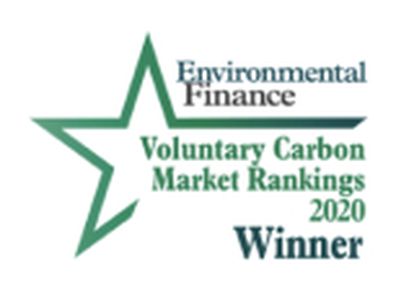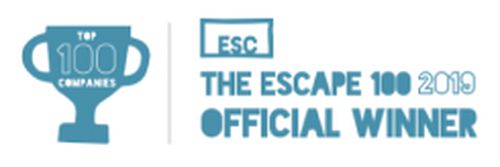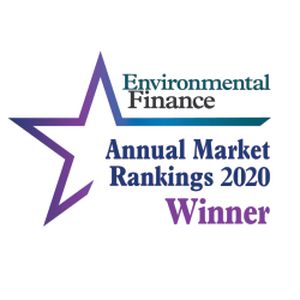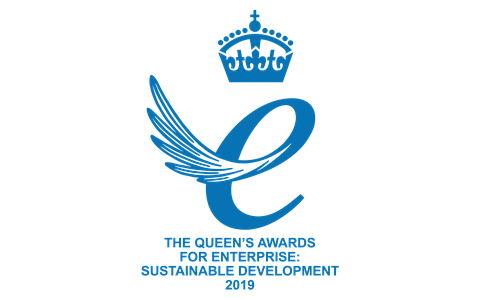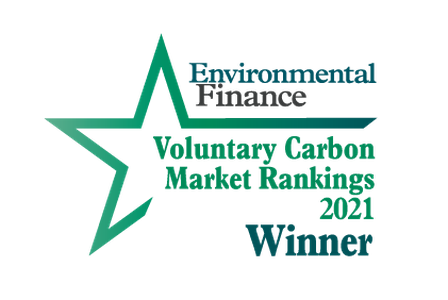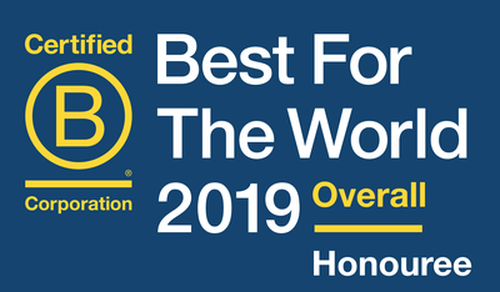The Paris Agreement opened a new global alignment to prioritise climate action and limit warming to 1.5°C. In this second article in our Simplifying Climate Complexity series, Jonathan Shopley examines the issues at the heart of the different approaches that are gaining momentum for scalable action.
We’ve navigated the inflection point, now what?
As I write this, Alok Sharma, the UK’s President-Designate for COP26, is talking up the importance of the Glasgow Summit in November this year as our “best chance” of limiting rising global temperatures to 1.5°C. He is speaking mainly to national signatories to the Paris Agreement, which is yet to be fully operationalized. COVID-related delays have confounded meaningful progress.
But that has not stopped the private sector from embracing and accelerating action in a big way.
There has been a surge in pledges to align emissions abatement with Science Based Targets, to go further by targeting net zero, and to complement those pledges with immediate action to neutralize all unabated emissions during the journey to net zero.
Things are getting real, and the inflection point for which we have been waiting for decades has arrived. Across key sectors the transition to net zero has moved from sustainability objective to the heart of business strategy.
Initiatives including the Carney Taskforce for Scaling the Voluntary Carbon Market, the UNFCCC’s Race to Zero and the Science Based Target Initiative’s proposed net zero standard are opening up new opportunities for corporate voluntary action. In doing so, there is much discussion about the ambition, quality, and integrity at the heart of these as we seek to understand how individual entities can make meaningful contributions within a complex, global transformation.
Ambition has established a compelling case for action
Ambition is the strong desire to do or achieve something, and the Paris Agreement established our collective desire to stabilize the climate. It has translated the ambition of a safe and stable climate into the goal of limiting warming to 1.5°C by targeting net zero global emissions by 2050. That top-down goal has been delegated to nation states and each is required to express their alignment through their Nationally Determined Contributions (NDCs).
Corporations are increasingly aligning business strategies with climate ambition—by transforming business models, abating emissions, and compensating or neutralizing unabated emissions (see my previous article for more details). Never an easy task when an individual entity pursues a low-carbon transition path within the complexity of global trade, diverse supply chains and rapidly evolving technologies that are crucial to the transformation to a net zero economy.
Quality is unevenly distributed
A general definition of quality is a characteristic or feature that supports a common understanding of when a thing or process has a high level of value or excellence. The quality of climate action comes down to the extent to which our collective efforts reduce atmospheric concentrations of GHGs to safe levels.
Thequality of the Paris Agreement has not been tested and critical elements have not been operationalized. In question is whether NDCs, which yet do not add up to a stable climate, will be tightened in time to do so. To assess quality, we need commonly applied accounting systems, transparency on progress and the ability to influence the performance of laggards. None of these pre-requisites are in place.
Quality at the corporate level is in much better shape. Established and widely deployed standards such as the GHG Protocol developed (and under further development) by WRI and those from ISO provide high quality accounting at a corporate level. They deliver numbers that can be interrogated and compared. The CDP in combination with the Taskforce on Climate Related Disclosure Initiative are driving levels of performance in accounting and transparency that allow progress to be mapped against pledges and targets and so enhance the quality and trust in corporate action.
And the quality of emission reduction instruments used in corporate voluntary programs is arguably to a higher standard than that of national compliance accounting and reporting.
Certainly, leading carbon credit standards recognized in the ICROA (International Carbon Reduction and Offset Association) Code of Best Practice provide levels of transparency that enable external scrutiny, evaluation and critique which drives continuous improvement. So, while not perfect, they are evolving in response to shifting requirements for ever greater quality.
Integrity is the critical pre-requisite
Integrity is the quality of being honest and having strong moral principles, and when we assess the integrity of climate action things get messy. At a country level, the integrity of national NDC pledges is assured when:
- they align with the ambition of the Paris Agreement by committing to meaningful reduction targets at a country level; and,
- countries are under meaningful obligations to account for and remedy any shortfalls against the delivery of their NDCs.
The integrity of the UNFCCC’s Paris Agreement is assured when:
- is has the ability to apply remedies if a country fails to define and deliver Paris aligned NDCs;
- it clearly defines and applies processes to account for the financing and transfer of mitigation outcomes by one country for another.
The integrity of corporate climate action is assured when:
- commitments to Science-Based Targets or Net Zero are supported by transparent progress reporting; and,
- claims of carbon or climate neutrality, achieved through the retirement of high-quality carbon credits, are not used to mask the fact that GHG emissions are not being abated or may indeed be increasing.
The integrity of project-based mitigation for offsetting is assured when carbon standards:
- define and apply credible baselines, additionality tests and environmental and social safeguards to secure the quality of mitigation activities; and,
- register and report credit transfers to ensure the environmental integrity of offsetting programs and related claims.
Doing the right thing
As we navigate the inflection point and begin to feel the full force of a tailwind in the journey to a stable climate, it is ever more important to understand the essential differences between ambition, quality, and integrity.
All three are moving targets, and our past performance is not a good guide to a future in which all actors develop meaningful responses to climate. COP26 could end the decades of fraught negotiations and operationalize the Paris Agreement by setting it on course to realize its ambition with high-quality processes deployed with integrity within and across all nations.
Voluntary action across the private sector will remain under intense scrutiny and needs to respond to questions about its quality and integrity. Carbon standards must continue to build on past experience to drive quality in the delivery of climate finance for mitigation.
What we must avoid, though, is the temptation to hold actors responsible for the quality and integrity of aspects over which they have no control. Voluntary action in the corporate sector will make a contribution to the Paris Agreement’s ambition, but it cannot be held responsible for inadequate NDCs, or the behavior of nations gaming the international system.
Solving the climate crisis is a whole-system challenge, arguably the most complex facing society. We must keep things simple by encouraging all actors to do the right thing in respect of the activities they control and influence—and encourage others to do the same.
Latest News

New test article 2023
A dummy article to test title issue.
Read more
Test article
This is an example of a test article.
Read more
Natural Capital Partners and ClimateCare become Climate Impact Partners
Natural Capital Partners and ClimateCare become Climate Impact Partners and sets goal of delivering 1 billion tonnes of emission reductions by 2030.
Read moreThings are getting real, and the inflection point for which we have been waiting for decades has arrived. Across key sectors the transition to net zero has moved from sustainability objective to the heart of business strategy
The Latest Insights From
Climate Impact Partners

Busting Carbon Offsetting Myths
10 myths around net zero and carbon offsetting busted
Read more
Test article foreign lang with plug-ins
This is an example of a test article.
Read more
Innovation in Carbon Markets: the Good, the Bad, and the Ambiguous
As carbon markets grow and innovate how can Web 3.0 be harnessed in a positive way to build scale and impact?
Read more



